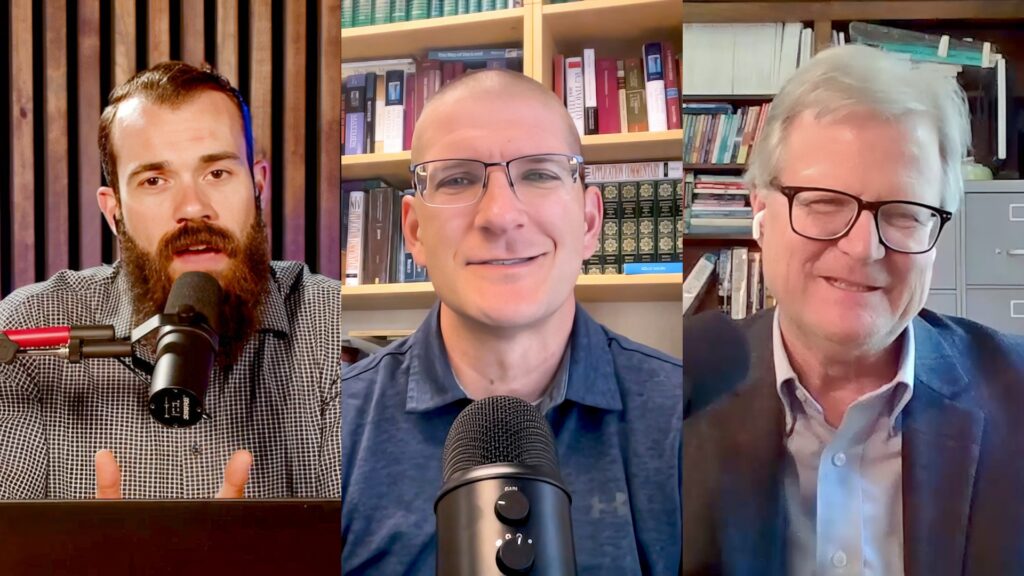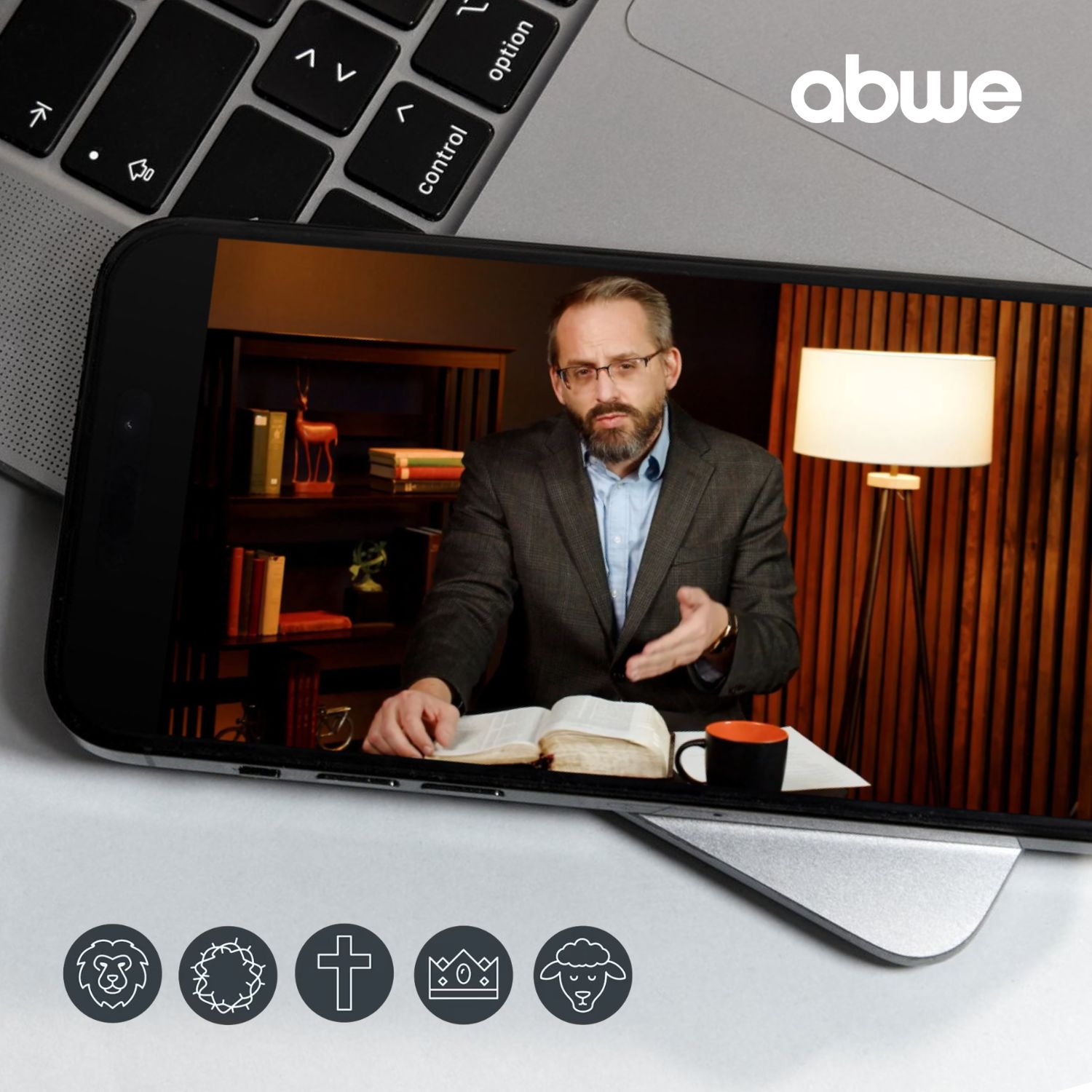On Saturday, December 30, 2023, the University of Georgia football team played the Florida State football team in the Orange Bowl.
A few weeks before the game, it was announced that FSU would be playing without 21 of their players due to what has become part of the college football landscape known as player opt-outs. This is where players choose to not play in the team’s bowl game for some specific reason. Some chose not to play because they were transferring to another school, while others chose not to play to get themselves ready for the National Football League.
Now, some people may be thinking: “What is the big deal? It’s just a bowl game that really does not mean anything.” Of course, I could see it this way, but my concern is what seems to be going on in the bigger picture. Before I entered ministry, I was in the college football world where it was “we” before “me.” College football has always been a team sport in which players come together toward a single mission: to win games and hopefully championships.
I believe we are seeing a move away from “we” over “me” to “me” over “we.” Many players today seem to be only looking out for themselves. For these players, the mission is no longer a team concept, but more of a “me” concept. Think about this: in a “me” paradigm, if I am no longer happy with my team, I can transfer to another school. Instead of finishing the season with my team, I can opt out of the bowl game and remove the risk of getting hurt or begin preparing for the next level of football. It’s all about what is best for me and not what is best for the team.
I believe we see this problem creeping into the church today. Many Christians are coming into church with a “me” over “we” attitude. It’s all about my needs, my desires, and my comfort. Although many church members want to come on Sunday, enjoy community, and sit in the worship service, they do not want to be asked to serve the church, the community, or the world. That is not what they signed up for. As Trevin Wax observes, “Belonging to a church, in the sense of embracing membership that goes beyond therapeutic benefits or perks and privileges, doesn’t make much sense.”[1] If church members are no longer happy or comfortable at their current church, they can leave and go to another church. Often these people bounce from church to church the same way we are starting to see college football players bounce from team to team. Wax likens this behavior to viewing the church as a restaurant.[2] He states, “What happens here is that church members migrate from one congregation to another, enjoying for a season the preaching and music here, sometime coming back to their go-to-congregation when they’re in the mood for something more familiar, or heading over to a third church for a mission trip.”[3]
The purpose of the church for many Christians is to achieve personal happiness and comfort rather than to worship God or love and serve others. Wax again explains, “Expressive individualism does not empty the church of its members. It merely fills the pews with people who see their church attendance as another expression of their own identities, an aid in their own pursuit of happiness.”[4]
This attitude does not align with what Scripture teaches about the Christian life and the purpose and mission of the church. Do not get me wrong; there is an individualistic component to the Christian life. When Christ came and died on the cross, he died for the salvation of individuals, so we are saved individually. But the moment we become disciples of Jesus, we are brought into the community of his body, which is the church. The Christian life was never meant to be lived alone. Doug Ponder states, “Jesus did not die to rescue isolated individuals; He died to create the church.”[5]
A Biblical Picture of Community
In the Old Testament, when God set apart Israel, he brought them into community and taught them to love God above all else (Deuteronomy 6:4-5), to love one another (Leviticus 19:18), and to be a witness to the world (Isaiah 43:8-10). This was the purpose and mission of the people of God. We also see this in the New Testament. The purpose and the mission of the church was to love God (Matthew 22:37), love one another (Matthew 22:39; John 15:12, 13:35), and to be his witness to the world (Matthew 28:18-20, Acts 1:8).
In Acts 2, we see a picture of true biblical community. After Peter preached at Pentecost, when 3,000 people believed and were baptized, the early church came together in community, loving and worshipping God. “They were devoted to the apostles’ teaching and the fellowship, to the breaking of bread and the prayers” (v. 42). They also came together to love and serve one another:
“And all who believed were together and had all things in common. And they were selling their possessions and belongings and distributing the proceeds to all, as any had need. And day by day, attending the temple together and breaking bread in their homes, they received their food with glad and generous hearts, praising God and having favor with all the people (v. 44-47).”
The early church did not act as individuals. There was no “me” over “we.” They focused first on God and then on one another. They were also committed to the mission God had given them and witnessed others respond in faith: “And the Lord added to their number daily (v. 47).” Rather than fulfilling their own needs, desires, or comfort, the early church was, together, focused on taking the gospel of Jesus Christ to those who had yet to hear. It was not about their personal mission but about the mission God had given them together.
The Problem With Individualism
The problem with individualism, when it comes to the purpose and mission of the church, is that it takes the focus off of God and others and makes it about ourselves. This is dangerous for three reasons.
First, if we are only focused on ourselves, then we will never die to ourselves, which Jesus calls us to do in order to live for him (Matthew 16:24-25). If we believe the church’s purpose is to serve us and not for us to serve the church, we will join the church to consume, not to contribute. As Wax exhorts:
“We have the opportunity to stand out in the world by choosing to die to ourselves, to lay our lives down for something greater than ourselves. The New Testament tells us to crucify the self the world tells us to be true to. Nothing is more non-conformist and radical and rebellious than seeking conformity with Christ and the death of your old self.”[6]
Second, if we are focused on ourselves, then salvation ends with us and does not extend to others. The truth is that the moment God saved us, he called us to the Great Commission (Matthew 28:18-20). If you are a follower of Jesus, then you are called to go and preach the gospel (Mark 16:15) and make disciples of all nations (Matthew 28:18). If we view salvation as only a gift for ourselves, why would we sacrifice our comfort to take the gospel to those who have yet to hear? Why would we go to nations hostile to the gospel like Nepal, Yemen, or Syria if it is all about me?
Third, if we are focused on ourselves, then we will pursue our personal kingdom rather than God’s kingdom. We see this evidenced in the book of Jonah. When God called Jonah to go preach repentance to the Ninevites, Jonah disobeyed and fled to Tarshish. He did not want to risk his life for the lives of others. Jonah had no problem with God granting him mercy, but he became angry and disobedient even at the thought of God showing mercy to the Ninevites. Jonah’s focus had shifted away from God and his kingdom.
Jesus, during his ministry, focused on God’s kingdom. Acts 1:3 says, “He presented himself alive to them after his suffering by many proofs, appearing to them during forty days and speaking about the kingdom of God.” Jesus spent his last days on earth preaching the kingdom of God. We also see this demonstrated during Paul’s ministry. Acts 28:30-31 explains, “He lived there two whole years at his own expense, and welcomed all who came to him, proclaiming the kingdom of God and teaching about the Lord Jesus Christ with all boldness and without hindrance.” Like Jesus, the Apostle Paul spent his last days on this earth proclaiming the kingdom of God. Throughout the book of Acts, Paul shows us how God’s people focused not on themselves but on God and the spread of his kingdom. This is the mission of the church.
Andrew Bertodati encourages us to be rooted in, not detached from, the church.[7] He writes, “In an age of consumerism, rootedness calls us to reject viewing our church and community exclusively by what we can receive from it. We are encouraged to ask questions about how we can contribute to and bless our church family and neighbors.”[8]
Where is your focus today? When it comes to church membership, do you focus on “me” or on “we”? Do you come to church with the anticipation of serving, or do you come anticipating to be served? Are you focused on building your own kingdom or God’s kingdom? God’s mission involves dying to yourself, getting out of your comfort zone, and, joining with the body of Christ to together carry the gospel to your community and the world.
[1] Trevin Wax, “Why is Expressive Individualism a Challenge for the Church?” The Gospel Coalition, October 18, 2018.
[2] Trevin Wax, “Your Church is Not a Restaurant,” The Gospel Coalition, October 24, 2018.
[3] Ibid.
[4] Trevin Wax, “Why is Expressive Individualism a Challenge for the Church?” The Gospel Coalition, October 18, 2018.
[5] Doug Ponder, “How Individualism Corrupts the Church’s Mission,” IMB.org, March 14, 2019.
[6] Trevin Wax, “The Faithful Church In an Age of Expressive Individualism,” The Gospel Coalition, October 22, 2018.
[7] Andrew Bertodati, “3 Ways Church Membership Challenge our Individualism, ERLC, March 8, 2021.
[8] Andrew Bertodati, “3 Ways Church Membership Challenge our Individualism, ERLC, March 8, 2021.





